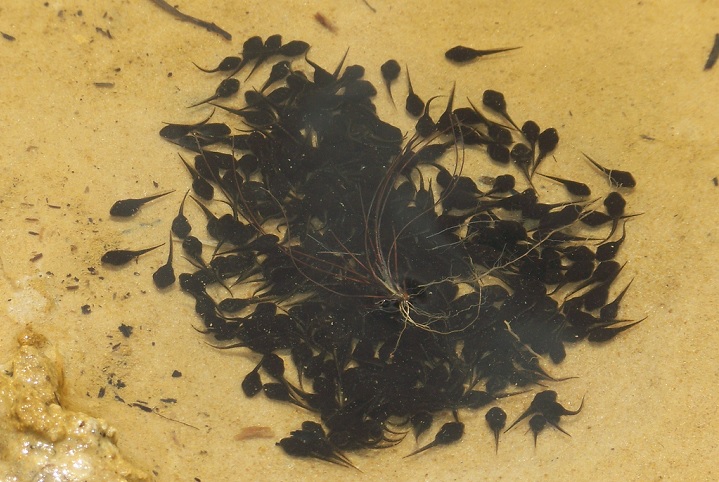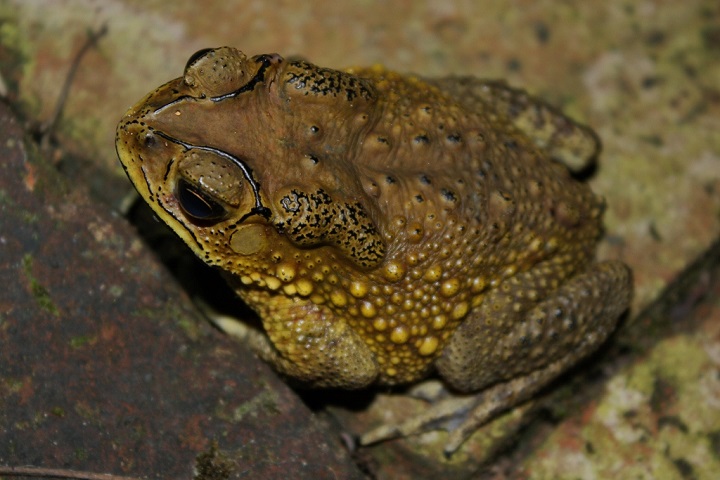Madagascar is a safe haven for unique species that are not found anywhere else on the Earth. This safe haven is now in trouble. Why?
It is because of Asian common toads or Duttaphrynus melanostictus. These toads that are native to South East Asia were first spotted in March near Toamasina, Madagascar’s largest seaport. From Asia to Africa? These toads must have arrived on the ships from Asia. Now, after multiplying rapidly they are invading the exotic animals. These toads adapt very easily and survive hard conditions. Research suggests that they have been around for almost 3 years.
How can a few toads be a threat to the ecosystem? Well, they are attacking in three ways. The toads themselves are toxic, any animal like snakes or lemurs that tries to catch and eat them ingests the poison and dies. The toads have a healthy appetite for insects, rodents and snakes who do not know how to protect themselves from the new Asian predator. The toads are also carriers of deadly viruses and chytrid fungus that kill amphibians found in Madagascar.
Did you know a similar thing happened in Australia where cane toads – cousins of Asian toads – got introduced in 1935 from Hawaii and depleted a lot of native Australian species.
There is still time to prevent a full scale invasion in Madagascar as the toads are still away (about 25 kilometers away) from biodiversity hotspots ( a region that has diverse wildlife which is under threat from humans). It is still alarming though as they can travel really fast. In the past their relatives – the cane toads – moved as much as 50km every year when they invaded Australia. Other Indian Ocean islands such as the Mascarene Islands, Comoros and Seychelles are also at a risk.

How can this problem be solved? Eradication program. The adult toads will be killed, eggs and larvae would have to be removed from breeding sites, removing them from still and standing water by either drying up ponds or setting up fences.
I think the Madagascar government should start working on this now. Don’t you?





Leave a Reply